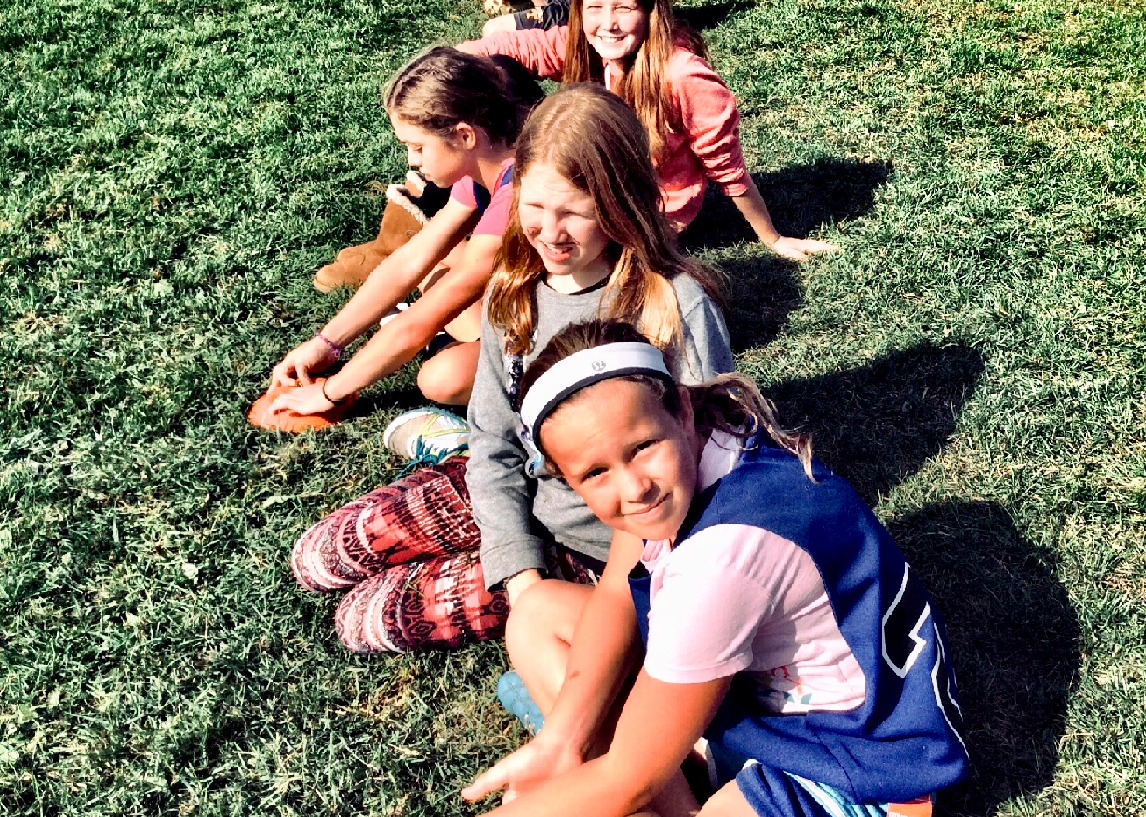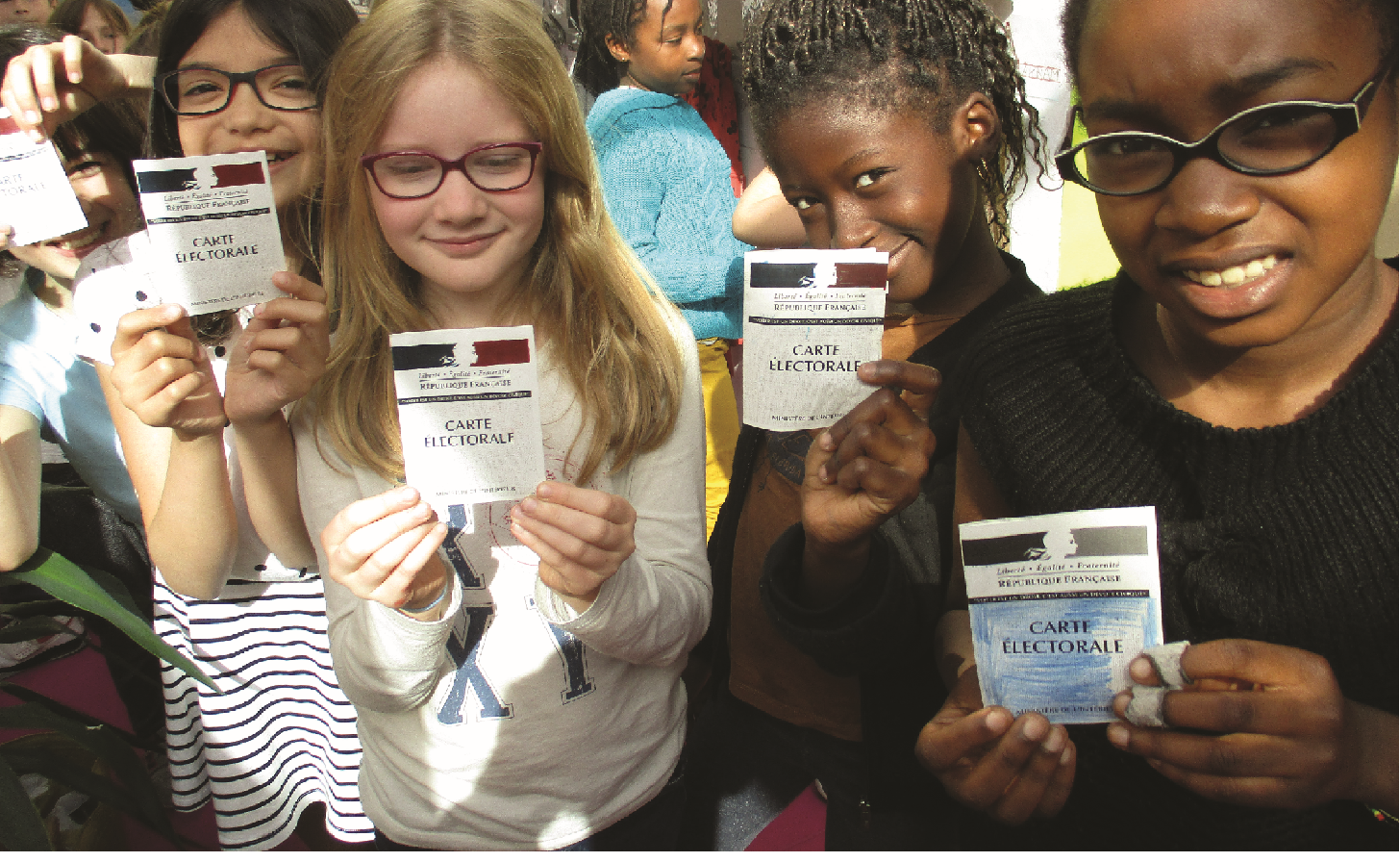France
Paris City Hall - Cabinet of local democracy, community life and youth
03-11-2016
2016
 12th.
12th.
The proposal is submitted by Pauline Véron, deputy mayor of Paris responsible of Local Democracy, Associations and Youth, in collaboration with the Department of Education and the Department of Democracy, Citizens and Territories. These organs of the municipality work together to develop and support tools and spaces that enable citizens’ participation to urban development and public debate, and the inclusion of every social categories to these processes in order to promote and active and informed citizenship from an early age.
Like any tool for expression and participation in public affairs, participatory budgets face the challenge of broad and equal ownership. In our opinion, developing a participatory budget in schools makes it possible to meet this objective of spreading participation to all social profiles by offering citizenship training from an early age through the exercise of debate and voting. The educational dimension of the device thus makes it a tool for sustainable participation, inscribed in the culture of all and egalitarian.

Participatory budgets are spreading around the world and all face the question of uneven and often weak ownership of the system. Creating a participatory school budget is an innovative practice in this respect because it mixes the tool with a pedagogical dimension and an institution (the school) which makes it very widely available. Giving children a real responsibility with a budget and visible achievements of their decisions is an innovative way to raise awareness of the issues of democracy.
Our previous experience of the participative budget, already established in Paris since 2014 allowed us to adapt this project to the particular environment of the school. From a technical point of view, the duration of the instruction of projects created from scratch seemed to us too long compared to the schooling of the children, hence the decision not to make them invent the projects themselves.
Since 2014, Paris Municipality has created an important participatory budget that allows Parisians to vote for projects imagined by inhabitants, to which are dedicated 5% of the investment budget of the City. The success of this experiment in terms of social inclusion, strengthening of a participatory culture and, renewal of the link between the representatives, the experts and the citizens, has led us to create a specific participatory budget for schools, in order to teach children how to use this democratic tool and to extend its use to every social categories. Such an experiment is a tool of pedagogy and initiation to citizenship and collective life.

Since 2016, 83% of the Parisian schools, that is to say 66 155 children, have participated each year to the Participatory Budget of Schools that enables children to choose a project for their school, financed by an allocation of 4 millions euros for every schools.
This budget is organized in 4 steps : a catalogue of 20 projects divided in 4 thematic groups is proposed to children. Then, supported by teachers, children are invited to wonder collectively about the sense of each theme : a school of experimentation, a numeric school, a sportive school, a pleasant school.
Participatory budgets are developing in many cities and face two main issues :
- Its equal appropriation by every citizens, which is a condition for it to be a tool for democratic inclusion
- The sustainable development of a participatory culture in civil society
The participatory budget of schools is an innovative mean to meet these challenges by developing a participatory culture within the future citizens in four ways :
- As a democratic tool, it teaches children the importance of dialogue to construct an opiion and sensitizes them to public interest
- As a pedagogic tool, it informs future citizens on the way a democracy works
- As a responsibility tool, it gives children the possibility of a real decision--making, and sensitize them to the complexity of decision in a democracy.
- As a tool of diffusion, it allows to create a culture of participation in every social categories presented in schools.